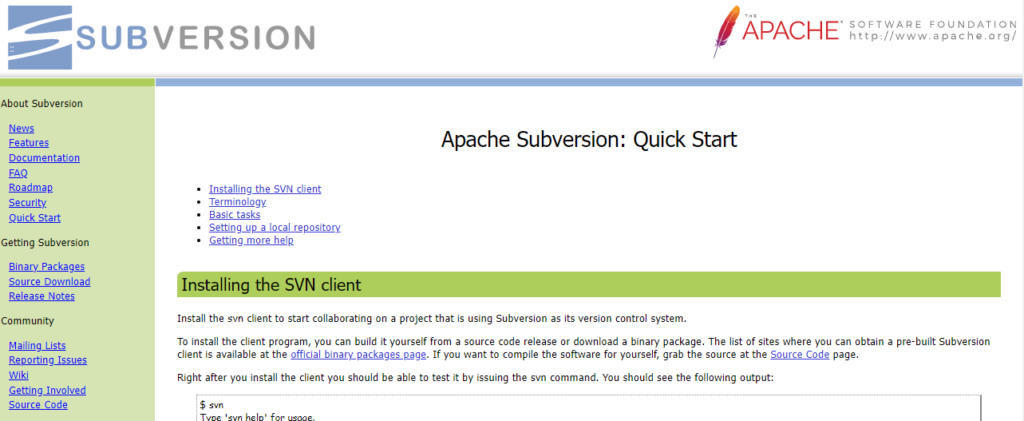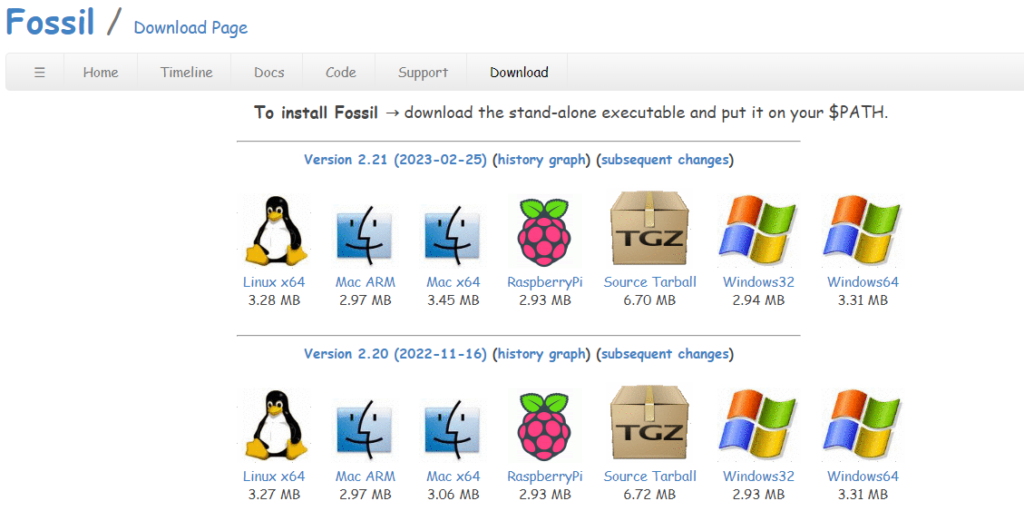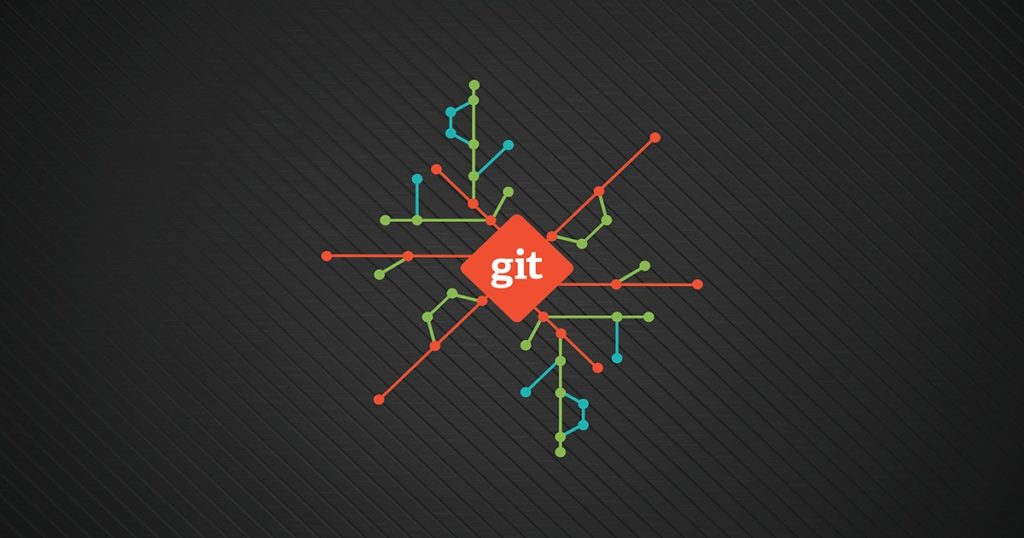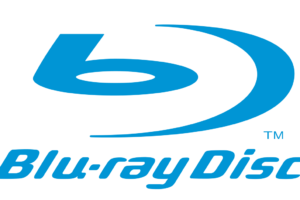The Git version control system is highly favored by developers around the world, but its usage may not be suitable for all. In certain cases, developers might choose to seek alternatives that better suit their project needs or personal preferences. Hence, in this article, we will be examining the top 5 alternatives to Git, providing developers with valuable insight into what other options are available to them.
Although Git is an excellent version control system, it is not the easiest to learn, especially for beginners. As such, some developers may prefer to opt for alternative systems that are simpler and more straightforward to use. Therefore, we will explore five alternative version control systems that are highly recommended by developers.
Related: What is GitHub: Git vs GitHub, Pricing and More
What is a version control system?
A version control system (VCS) is a software tool that helps developers keep track of changes made to a codebase or project over time. It enables developers to work collaboratively on the same codebase, keeps track of changes made by different team members, and allows for the retrieval of previous versions of the codebase if needed.
With version control, developers can work on different features or improvements to a project simultaneously without interfering with each other’s work. Additionally, a version control system keeps track of who made each change when they made it, and why, making it easier to identify and address issues or bugs in the codebase.
Top 5 Git Alternatives
It is essential to evaluate each system’s strengths and weaknesses before deciding on the one to use a version control system. Ultimately, the best version control system is one that suits the project’s requirements and the developer’s personal preferences. Here is our top 5 list.
1. SVN

SVN stands for Subversion, which is a version control system (VCS) for software development. Subversion is an open-source VCS that allows developers to manage and track changes to their codebase over time. It offers features like branching and merging, atomic commits, and support for multiple users.
SVN is often used in software development projects, particularly those involving large codebases and distributed teams.
- Try SVN here.
2. Mercurial

Mercurial is a distributed version control system (VCS) for software development projects. Developed in Python, Mercurial offers features such as support for multiple users, branching and merging, atomic commits, and efficient handling of large codebases.
Mercurial is often compared with other version control tools such as Git and SVN, and while it is not as widely used as Git, it has a dedicated user base among developers who prefer its simplicity and ease of use.
- Get started here.
Related: GitHub: Getting Started as a Non-Programmer
3. Perforce

Perforce is a version control system (VCS) developed by Perforce Software, Inc. It is used for managing software development projects, particularly those involving large codebases and distributed development teams.
Perforce offers a range of features, such as support for multiple users, atomic commits, branching and merging, and workspace management. It also includes tools for tracking changes, resolving conflicts, and performing code reviews.
Perforce has been adopted by companies in various industries, such as game development, aerospace, financial services, medical device, and semiconductor.
- Try Perforce here.
4. Fossil

Fossil is a simple, high-reliability, distributed software configuration management system that is free and open source just like SVN.
This distributed version control system is similar to Git and Mercurial, but it also offers bug tracking and wiki capabilities, making it a complete project management solution.
- More about Fossil.
5. Bazaar

Lastly, we have Bazaar, another distributed version control system that is highly recommended for small to medium-sized projects.
Whether you’re a single developer, a co-located team, or a community of developers scattered across the world, Bazaar scales and adapts to meet your needs. Part of the GNU Project, Bazaar is free software sponsored by Canonical.
- Learn more about Bazaar.
Related: Best alternatives to GitHub to host your code
Conclusion
In conclusion, while Git is the most popular version control system, it might not meet the needs of every developer or project. Therefore, SVN, Mercurial, Perforce, Fossil, and Bazaar are all excellent Git alternatives that developers can consider. Try any of them and do give us feedback on how you found it.












